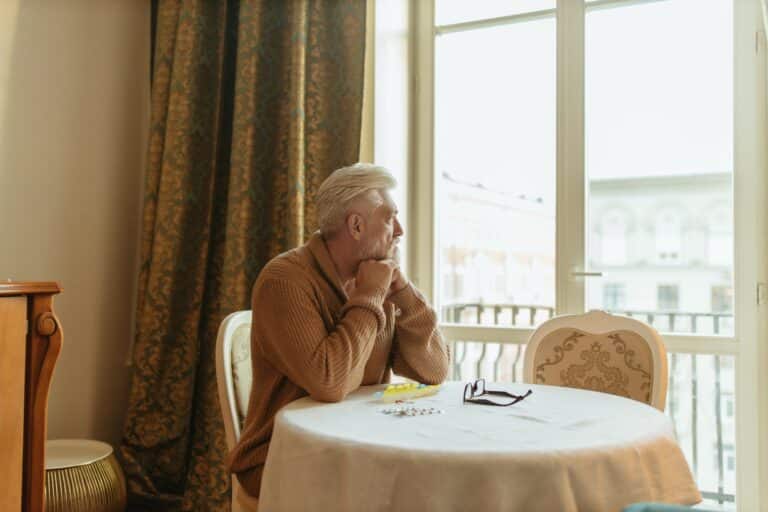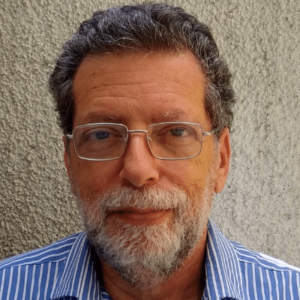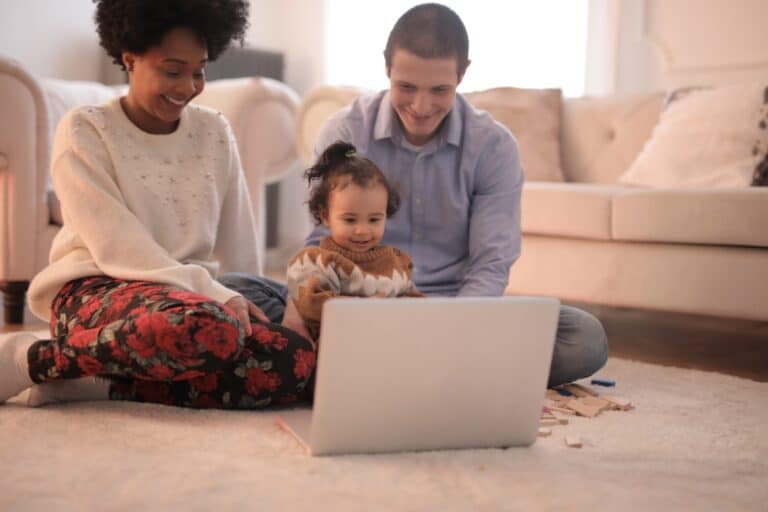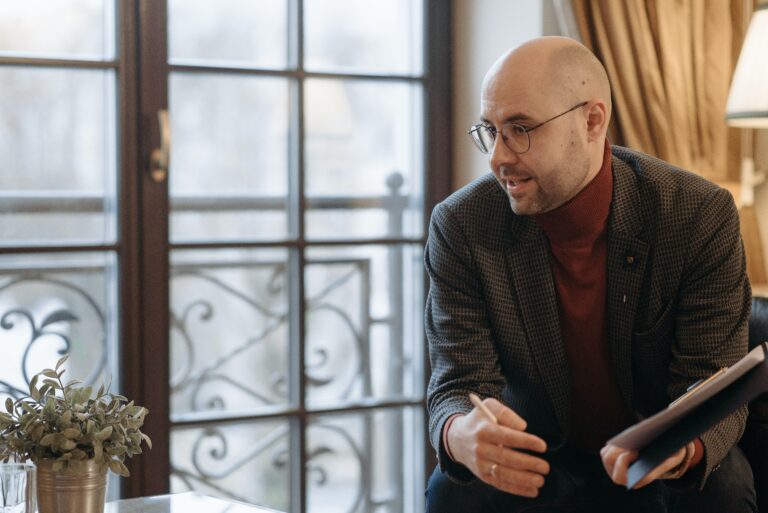It all started as a coincidence of events. Travelling across Québec and Ontario this past August I noticed the severe lack of personnel in restaurants, cafeterias, gas stations, hotels, motels. It was a nuisance staying for three nights at a 4-star hotel without having the room cleaned once or even the garbage bins emptied. At first I thought that the lack of personnel was due to the large demand after two Summers where the pandemic had severely affected the vacation plans of many people.
Then I noticed other signs of changes in the labour market. Accountants and lawyers finding it hard to hire young talent, on the one hand. Many clients of mine asking for or being pushed to take a sick leave due to burn out.
The pandemic seemed to be a thing of the past. Outside of the airports, few face masks were seen. Not once I heard the word Omicron, while a few months ago it was a very popular one. Is the pandemic behind us? Epidemiologists are cautious but many of them talk about an endemic disease from now on. The question I kept asking myself was: Are we coming out of the pandemic in the same way we entered it?
The answer is no. We adapted well to the restrictions, the level of fear decreased after the appearance of the vaccines and the light at the end of the tunnel became visible. But something had changed, US.
Most of us caught COVID or knew somebody who was severely ill or who died. Many people started questioning things that were accepted as done deals before. For example, jobs, career, friendships, romantic relationships, objectives in life, hobbies. Deeper questions arose: what is important for me?, where do I want to be in five years, with whom, doing what?, what is the meaning of all this, is there a message in the pandemic? Some of these questions were clear to us while some might have been a nagging sensation that something did not fit well inside.
My thoughts are based on my dealing with hundreds of clients in the past two and a half years, talking to acquaintances and to people in the streets whom I did not know before. In general, people continue to be helpful, gentle and well intentioned. However, inside of us, many experiences, fears and questions are still looking for answers. We had years of experience “watching the film of our lives”, however during the pandemic we were faced with “photographs” like, for instance, “I got COVID again, what do I do now?” Immediacy took the forefront and day-to-day changes and restrictions were assimilated. Unimaginable events became natural, like closure of borders, prohibitions to do many things, working at home, changing long-established habits.
Anxiety and depression, in that order, were the main complaints of clients in the first two years of the pandemic. Today, the focus lies more in the future, in redesigning our lives, defining what we want and attaining it.
Inflation, as a consequence of the pandemic, is also hitting us. It happened in the early 80s and we survived it. But it is another twist in a chain of events that has lasted for almost three years.
Going back to the changes in the labour market, I believe there is an important factor that affects people, something that happens from before the pandemic. I am talking about the cost of housing. Prices of real estate have multiplied several fold in the last 15 years, making the market unaccessible tomany. The pandemic coupled with the cost of housing have made some people doubt their careers, jobs or motivation for a sacrifice: “What for if I am not going to be able to purchase a house?”
The compass, anchors or parameters of the past (parents, grandparents) that we had, have changed. We will have to reinvent ourselves. Is this the end of the World? Definitely not. There will be changes in our lives, we might move to smaller places, work fewer hours, change jobs, even professions, became less (or more) materialistic, end relationships, decide to have (or not to have) children. But we can definitely come out of this better, knowing what we care for, accepting things that we do not like, striving to enjoy life, to be good to others, to be human. This pandemic will remain in the History books for as long as there is life on this Planet. We will be changed, we are already, this is an opportunity to be honest with ourselves, see what we care for.
If in the future we question some of the decisions we make today, we have to remember the circumstances under which these decisions were made.
I already look with nostalgia at the trip I took three months ago. Even having to wait for service at a restaurant or standing in a long line to gas up, I had a great time and a wonderful opportunity to talk to people I would have never met before.
Book an appointment
Find out about David Mibashan’s next availability
Dr. David Mibashan
Psychologist
Meetual.com
This article can be reproduced freely with citation of the source.







